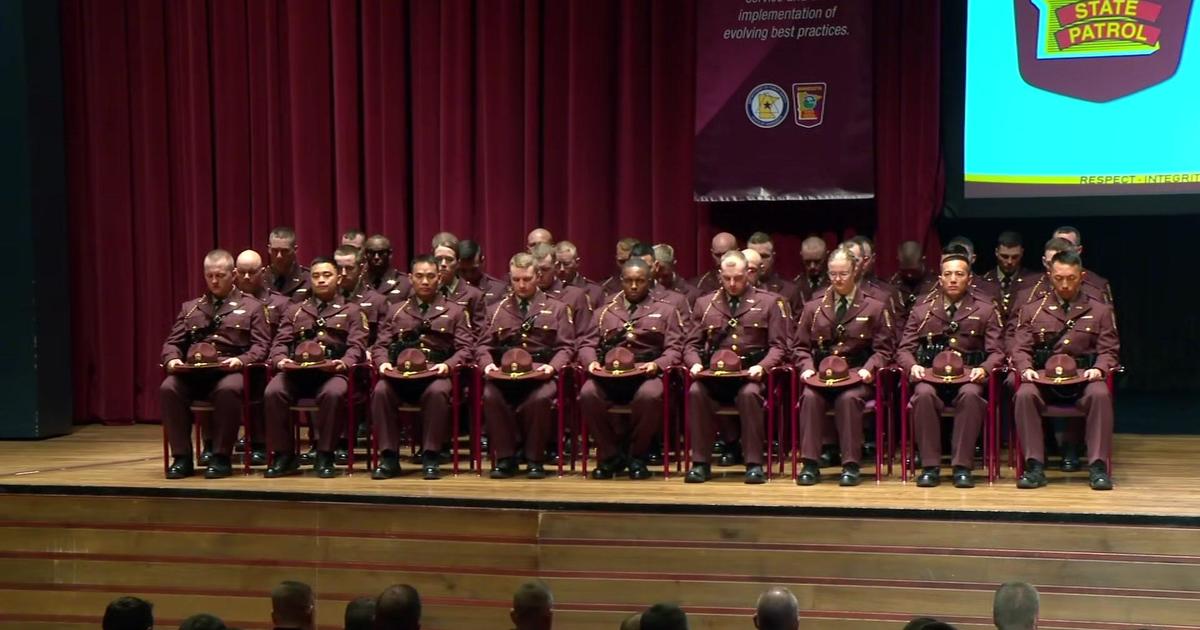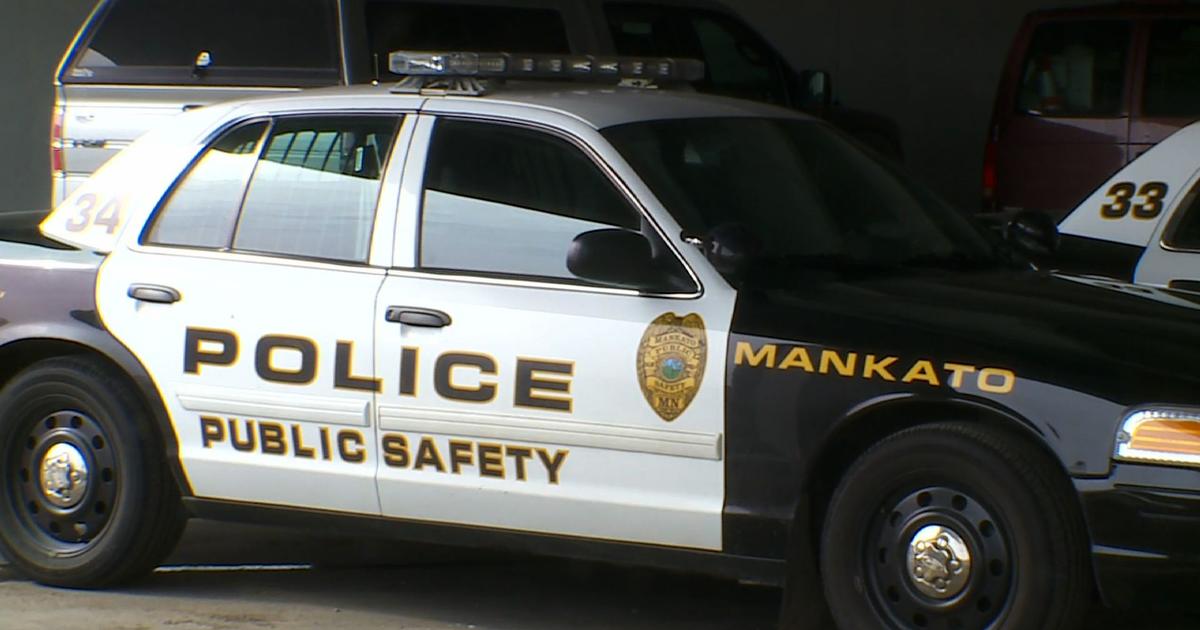Ovarian & Breast Cancer Survivor Urges Genetic Testing
MINNEAPOLIS (WCCO) -- MOCA is a name you'll hear us say a lot this week. It stands for Minnesota Ovarian Cancer Alliance. The group raises money to fight ovarian cancer -- the fifth deadliest cancer of women -- within the state.
Now, MOCA has a story they want to share a story with a Hollywood twist.
It's easy to think she has the perfect husband and the perfect life. But Angelina Jolie shattered that image in 2013 in an open letter to the New York Times. In it, she talked of how her mother died of cancer at 56 and how she tested positive for BRCA 1 -- meaning she had a 50 percent chance of getting ovarian cancer and an 87 percent chance of getting breast cancer.
She chose to have her breasts removed and her ovaries saying, "once I knew that this was my reality, I decided to be proactive and to minimize the risk as much I could."
About 1,900 miles northeast of Hollywood at the University of Minnesota, a class full of first year med and genetics students are studying her story.
It's a story that's raw and familiar to Minneapolis grandmother Ellen Kleinbaum.
Kleinbaum is a four-time cancer survivor and a volunteer for the MOCA. Now, she is educating the next generation on her unwanted journey.
That journey started 24 years ago, when she had a realization on her daily walk around Lake Calhoun.
"I had to stop at the outhouse every time around the lake, I couldn't make it around the lake and I thought 'this is really unusual, I better go in and see my OBGYN, this isn't right. I think I'm probably old,' I was 42," she said.
Her family cried at her bedside, it was ovarian cancer and she had a 20 percent chance to live two years.
"You're surrounded by your family and they're all crying. That's how my cancer journey started," she said.
But she made it -- only to face the disease two more times.
In 2003, she tried genetic testing, wondering if her cancer was hereditary and realizing she had a list of signs including her heritage.
"I'm an Ashkenazi Jew, my dad's sister died of ovarian cancer, my dad died of colon cancer," she said.
She was BRCA positive -- meaning an 87 percent chance of getting breast cancer. In 2010, she got it.
Her grown daughters were tested, too.
"Unfortunately I have passed this gene along, which just makes me so mad, but nothing I can do about it," she said.
But now they can do something should they choose.
"There's prophylactic surgeries you can have that can reduce your risk," she said.
She says she wants these students to know more about hereditary cancer and know more about ovarian cancer, which is a disease doctors often overlook.
First year med student Mack Garrett spoke with WCCO after the presentation.
"It's really motivating and energizing to get to hear from the people who have gone through the things that we're going to have to help them get through in the future," Garrett said.
It's a message that was well-received on a professional and personal level.
Cancer survivor and first-year med student Sasha Buchner says, "Genetic testing is something that I really need to do."
It's something Kleinbaum -- now a healthy 66-year-old world traveler -- is glad she did a lesson for her family that she hopes will salvage someone else's family,
Kleinbaum says, "Each one of them can save one person, wouldn't that be awesome?."
You can call to donate to MOCA, or click here.



